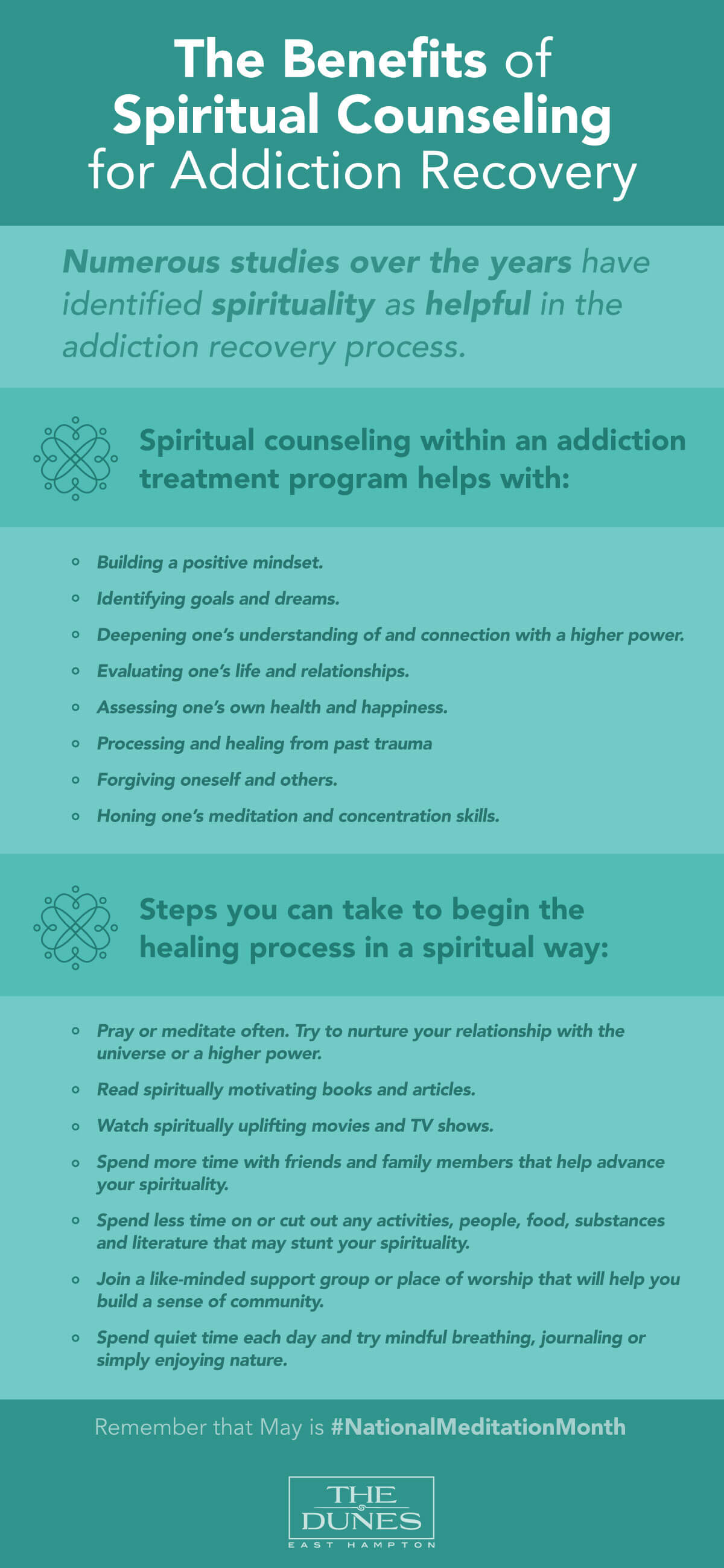Before, Throughout, And After Drug Recovery, Comprehending Just How To Aid Your Enjoyed One Can Change Their Healing Experience-- Check Out The Essential Actions To Take On
Before, Throughout, And After Drug Recovery, Comprehending Just How To Aid Your Enjoyed One Can Change Their Healing Experience-- Check Out The Essential Actions To Take On
Blog Article
Content Produce By-Berman Jantzen
Sustaining a loved one through drug rehab can be difficult, however it's important for their recovery. You require to comprehend the process and be planned for the emotional ups and downs. It begins with laying a solid structure prior to therapy and proceeds through their time in rehabilitation and beyond. How you browse this journey can make all the difference in their recovery and your connection. Let's check out how to successfully offer that support.
Planning for Rehab: Preparing for Support
Prior to your liked one enters rehab, it's necessary to prepare yourself and your support network to guarantee they obtain the very best care feasible. Begin by informing https://www.medicaleconomics.com/view/state-of-mind-counts-in-examining-opioid-prescription-practices-supreme-court-says regarding addiction, treatment options, and the rehabilitation procedure.
Comprehend the difficulties they'll face and the value of an encouraging atmosphere. Gather https://telegra.ph/Surmounting-Alcohol-Addiction-Calls-For-An-Awareness-Of-Recovery-Choices-Uncover-The-Essential-Steps-To-Recuperation-That-Could--04-22 of friends and family that can supply motivation and share responsibilities during this time around.
Establish open lines of communication with your liked one; let them know they can trust you. Establish borders to shield your very own wellness while being there for them.
Amazing Faith-based rehab The Golden State but not least, think about seeking expert advice on your own to navigate this psychological journey. Laying this groundwork will help develop a solid foundation for their healing.
Giving Support During Treatment: Staying Linked
Remaining connected with your loved one throughout their rehabilitation trip is vital, as it strengthens their support group and helps them really feel much less isolated. Regular interaction is key; send uplifting messages or make brief phone calls to advise them you care.
http://antonioluigi.booklikes.com/post/6674550/the-impact-of-drug-recovery-on-psychological-health-accepting-a-comprehensive-recovery-strategy and understanding, as they might be active with therapy or sensation emotionally drained pipes.
Think about scheduling visits, if permitted, to reveal your support in person. Bring a positive mindset and pay attention actively, allowing them to share their ideas and feelings.
Urge them to share their difficulties and success without judgment. Your constant presence during this moment can equip them to stay committed to their recuperation and remind them they're not alone in this trip.
Navigating Life After Rehabilitation: Proceeding the Trip With Each Other
As your enjoyed one transitions back right into everyday life after rehabilitation, it's important to continue to be actively involved in their recuperation trip.
Encourage open interaction by signing in routinely and creating a safe room for them to share their feelings. Help them establish a day-to-day regimen that includes healthy and balanced behaviors, such as workout and balanced meals.
Go to support groups with each other, which can strengthen their dedication and offer a feeling of area.
Be patient and recognize that setbacks might occur; offer peace of mind and remind them of their progression.
Celebrate turning points, regardless of exactly how small, to improve their confidence.
Conclusion
Supporting a loved one via their rehabilitation trip is critical for their healing. By preparing before therapy, staying connected throughout their time in rehabilitation, and being there for them later, you can help them navigate the challenges they encounter. Bear in mind to focus on open communication and self-care, also. Your motivation and understanding can make a considerable difference in their recovery process. Together, you can develop a brighter future and foster enduring positive adjustment in their life.
